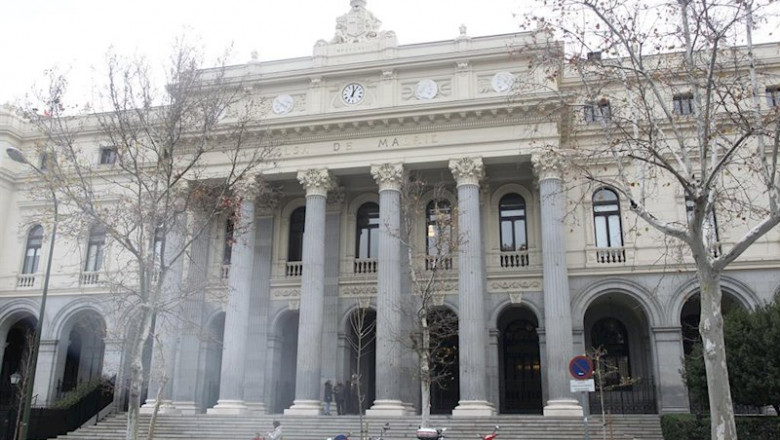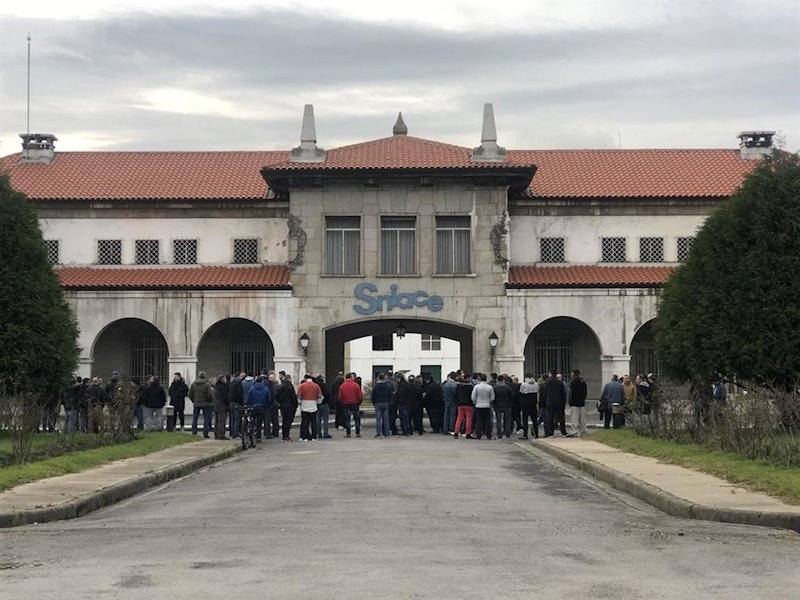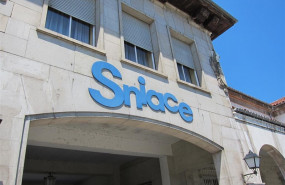
The exchanges have spent the last weekly session with an eye on the crisis of the Chinese coronavirus, with a constant increase in deaths and new infections, and the other on the tariff reduction on US exports announced by China and which have come into force this Friday. The Ibex have closed with increases (0.47%), which has allowed it to hold on to 9,900 points after falling moderately in Thursday's session.
In the rest of the European stock exchanges the falls are the main protagonists. The CAC is dyed red, with drops of 0.35%, the FTSE 100 closes with 0.32% and the DAX 0.06%. This Friday, the GDP data has been known. According to Eurostat, the economy of the euro zone grew 1.2% in 2019 and the EU's one 1.4%.
At the business level, operators are very attentive to the liquidation of Sniace, requested this Thursday night. It is the third listed small capitalization that presents economic problems at the beginning of the year. Deoleo, meanwhile, reduces its losses on the stock market after knowing the agreement reached with its former administrators, the Salazar brothers, who will pay the company between 8 and 12 million.
Meanwhile, the war between Huawei and the US continues. The Chinese tech giant has accused the US of "irrevocably damaging Huawei's reputation and business" for the new charges brought against the company by the US Department of Justice. He accuses the company of conspiracy and stealing secrets from American companies.
In addition, the attention of investors is focused on the Asian continent, where concerns about the coronavirus crisis continue to undermine the mood of the markets. This Thursday, the Beijing Government reported a rebound in deaths and contagion from Covid-19, after adjusting the calculation method. There, the stock exchanges rebounded on Friday, as the reduction of export tariffs of a group of US products that was already announced by the Xi Jinping Executive will be effective at the beginning of next month.
As for the foreign exchange market, the euro that reached two year lows against the dollar on Thursday and four years against the Swiss franc, has continued to stretch its decline to $ 1.0827 this morning. Danske Bank analysts attribute the continuous decline of the single currency so far this year "in part" to the evolution of the macroeconomics of the eurozone, which "is not accelerating as expected in the first quarter." In a nutshell, the market view that Europe would begin to eclipse the US "has not materialized," since on the other side of the Atlantic, the economy continues to enjoy momentum, as the latest labor market data on Friday showed.



